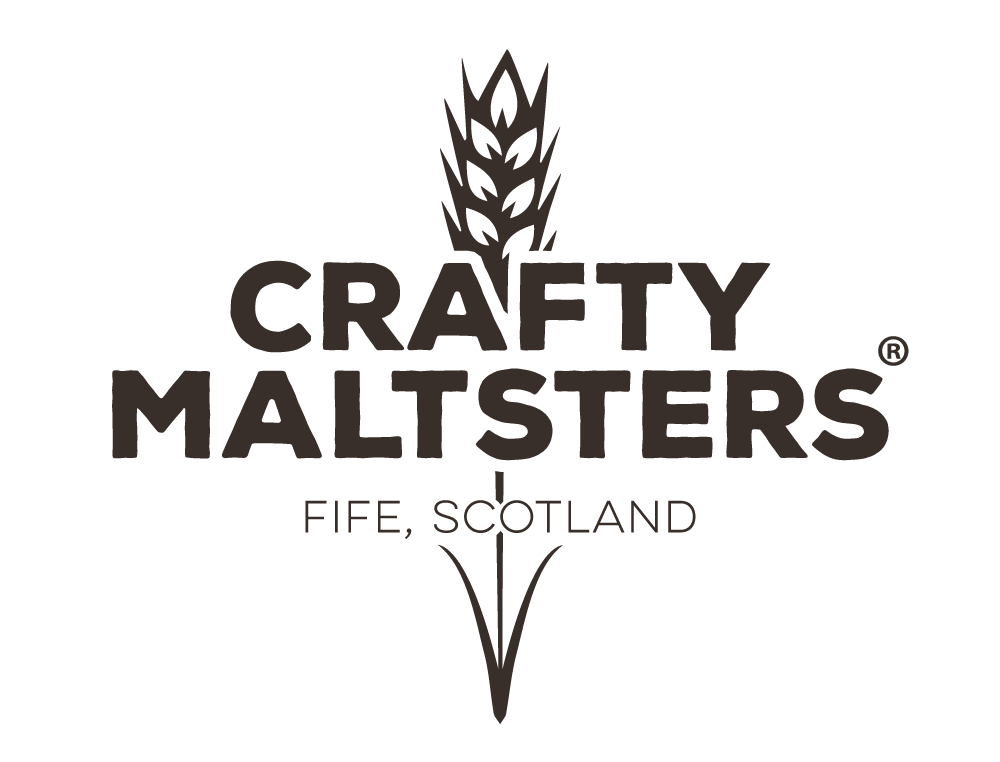If the barley could talk.....
Barley, one of civilisations earliest cultivated crops, once valued for its fundamental role in sustaining life. Those days are gone and It is now so intertwined with our landscape that we have come to take its journey for granted, preferring to concentrate our attention on its failings, rather than our own in how we interact with this incredible grain.
Over time we have made significant and impressive gains in the development of barley, using genetics and technology, to enhance its chances of survival and its usefulness in the various value chains for which it is destined.
But, the barley seed is a living organism, and like all living organisms it requires us to be adaptable in our approach to working with it, if we are to truly extract its best.
Yet we find ourselves in a position where we are intolerant to this notion, expecting instead complete conformity, regardless of changing circumstances. The barley grain has found itself in a totalitarian regime where we will accept nothing less than uniformity and as a result, dare I say it, blandness.
I would suggest that we lose out in this approach, we ignore the value of the grain. Our food and drink supply chains demand consistency, and rightly so, but let us bend in our approach to achieving this as much as the barley grain must. Have we become too lazy and devoid of imagination to realise that to get the best of something you must work to understand it and bring that out?
Our world-famous Scotch Whisky industry was once built on direct relationships between farmers and distillers, where the two parties interacted to account for seasonality and changing circumstances. Understandably this model has been eroded over time, making way for economies of scale and more efficient ways of working. Everything must adapt over time, but do we now find ourselves in a position where that balance has been tipped, and value has been lost as a result. The interaction between the players in this chain has been chipped away over the years, now reserved to papers and issues discussed over stuffy board room tables. The real discussion take place in the field, in the malt house, by the mash tun and in the tasting room, that is where the real magic happens.
From the grower, to the brewer or distiller, we are all passionate about our roles, but we are divided in our quest to make truly great products. In the middle of that sits the barley grain, and perhaps it is time we listened to what it has to say.
One of my favourite children’s books is the Lorax by Dr. Seuss, carefully crafted to deliver the most important of messages about how we must change the way we care for our planet. If you don’t mind indulging me for a minute, I will recount a powerful extract from this book:
“Mister!” he said with a sawdusty sneeze,
I am the Lorax. I speak for the trees.
I speak for the trees, for the trees have no tongues.
And I’m asking you, sir, at the top of my lungs” –
He was very upset as he shouted and puffed –
“What’s that THING you’ve made out of my Truffula tuft?”
If you replace the sawdusty sneeze, with a malt dust one, and the trees for barley stems, you will find the very questions the Crafty Maltsters are asking.
As farmers we have played our role in this chain for generations, and now as maltsters we are aiming simply to complete the next stage of the journey, with our barley. It is abundantly clear to us that the knowledge possessed by the grower is fundamental to understanding the best ways in which to malt, brew or distil our grains. Each year the weather differs, and each year its impact on the growing crop creates new consequences for the next stage of the journey. Moreover, that impact will be felt differently across each region of the country and even at each individual farm level. How then can we expect it to perform in exactly the same way from one year to the next, without adjusting our own mindset.
The supply chain has strict rules on conformity, falling out-with that specification and the barley will be destined for animal feed, without the slightest recognition that a change in processing regime is all it might take to change its destiny. At a time when our world faces a climate change emergency, surely we must realise it is time to change that mind-set?.
Perhaps our biggest failing is our lack of understanding around barley and malt, despite the fact it provides the backbone of such an economically significant sector. The consequence of not paying it deserved attention, is we lose the power it holds to add provenance, value and most importantly flavour.
Crafty Maltsters may be small in terms of processing capacity, but we believe the role we can play in challenging convention is a big one. We believe in working with our barley, understanding its journey and pushing ourselves as much as we push it, to achieve the quality malt product our customers deserve.
We believe in the strength of relationships, reigniting the spark between farmer and distiller or brewer, and balancing new and old ways of working. It may be time to realise that a balance of technology, science, human interaction and an appreciation of our natural assets is really where quality and value rest.
